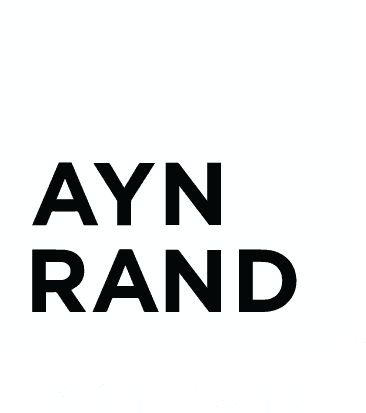Archaic Greece encompasses the three centuries prior to the ascent of classical Greek culture. As historian John David Lewis illustrates, it subsumes intellectual, artistic, and political achievements that are self-sufficient in their own right, but also establishes the foundations of the later classical revolution. The rise of hundreds of autonomous poleis spread Greek culture across the Mediterranean, culminating in the establishment of Athenian democracy and the defense of Greek independence against the Persian invasions. Poets and other intellectuals brought heroism and respect for reason to the cultural forefront.
This course focuses on three aspects of the period. The first class covers the chronological background of the Greeks in the Minoan and Mycenean palace economies, and their emergence from a dark age in the eighth century BC. The second follows the rise of the polis as a political innovation, which embodied the Greek ideal of self-governance and set the stage for the defense of its independence. The third class is both an examination and a celebration of the Greek discovery of the self and passion for excellence, drawing on selections of lyric poetry from thinkers such as Homer, Hesiod, Tyrtaeus, Solon, Xenophanes, and Sappho.
As Lewis shows, the rise of the Greeks is not explained by factors such as environment, military prowess, or migrations. The cause was the Greeks themselves, who chose, on a cultural level, to live with the fullest measure of energy, intellectual acuity, and passion available to them.
These lectures were recorded at the 2009 Objectivist Summer Conference in Boston, MA.
This course includes a handout.



